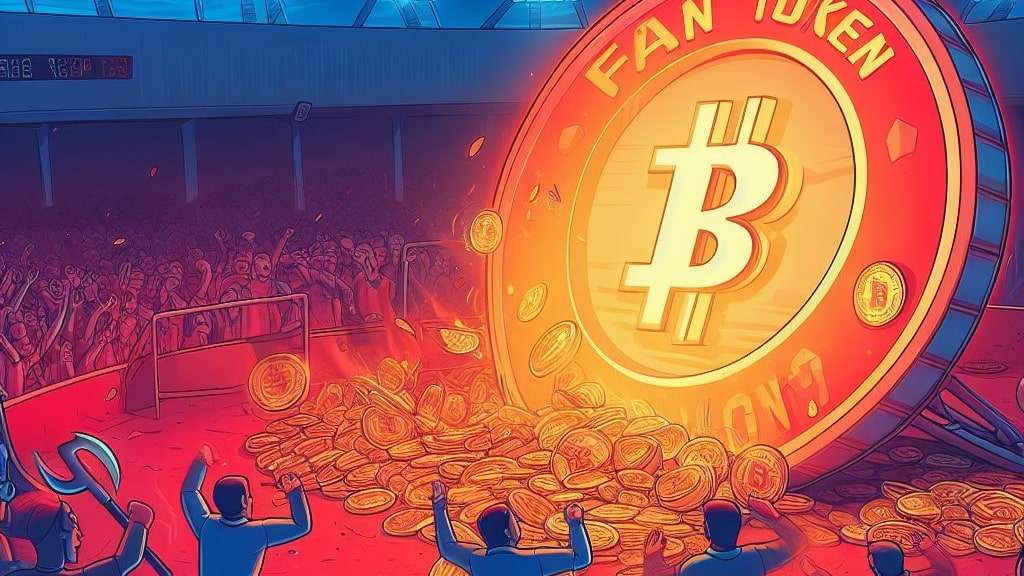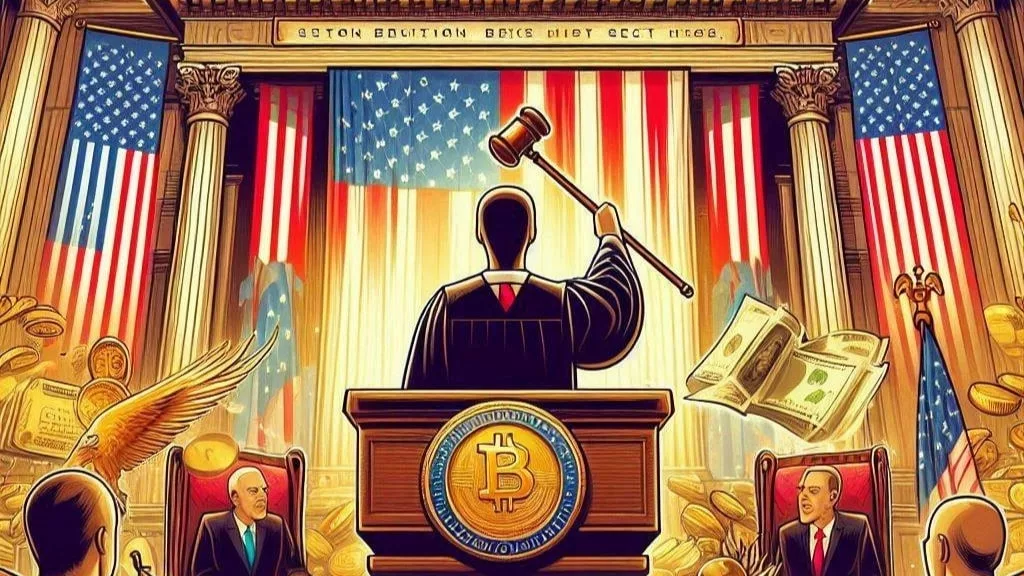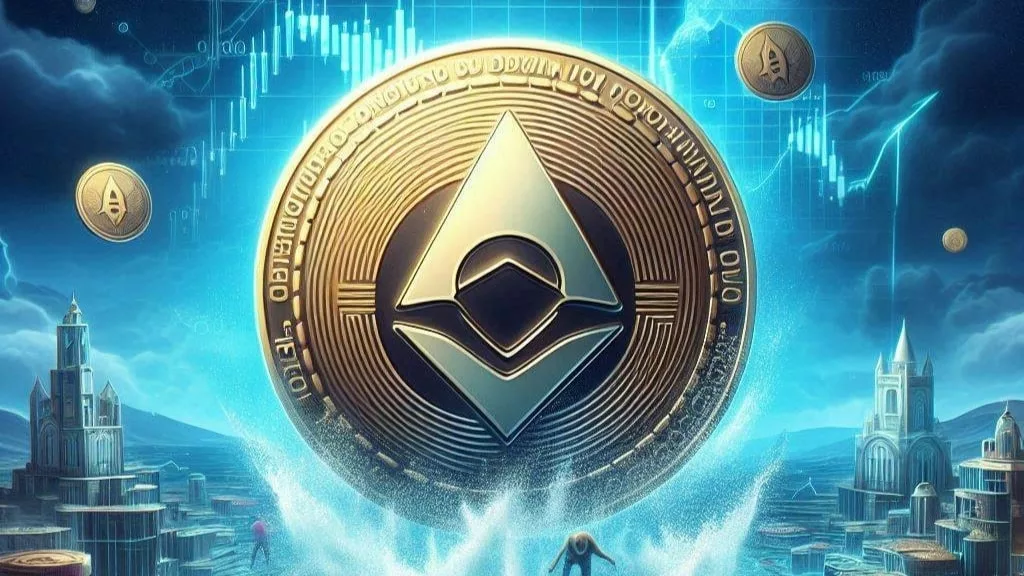
In the ever-evolving landscape of cryptocurrency, the fan token market is currently experiencing a significant downturn. One striking example is the Barcelona FC fan token, which reached a peak value of over $72 in April 2021 but has since lost a staggering 97% of its value. This alarming trend isn’t unique to Barcelona; it’s affecting various other fan tokens as well, raising concerns about financial exploitation by sports clubs.
Crypto Fan Tokens Under Scrutiny
As this concerning situation unfolds, UK lawmakers are raising their voices in alarm. The Culture, Media, and Sport Committee (CMSC) has called on the government to take action against clubs that appear to be exploiting their loyal fan base through risky cryptocurrency investments.
A recent report from the CMSC has recommended that fan tokens should not be classified as fan engagement tools within the purview of upcoming football regulations. The report points out the imbalanced relationship between sports-based crypto assets and their fans, where fans bear a significant risk of financial harm, while clubs do not share the same level of responsibility.
Fan tokens are often marketed as a way for supporters to have a say in club-related decisions and interact with their favorite sports teams. However, Dame Caroline Dinenage, the CMSC chair, has raised concerns about these supposed benefits, emphasizing that fan tokens often fail to deliver meaningful engagement.
“Clubs are promoting volatile crypto-asset schemes to extract additional money from loyal supporters, often with promises of privileges and perks that fail to materialize,” Dame Dinenage cautioned.
While the promised benefits of holding fan tokens frequently fall short, their prices continue to dwindle. This raises further concerns that sports clubs might be taking advantage of fan loyalty while offering little in return.
Declining Prices and Trading Volume
The values of fan tokens have dramatically dropped from their all-time highs a few years ago. Even though Barcelona FC’s fan token is the most popular, this popularity has done little to prevent a 97% drop in its value from its peak. Similarly, Paris Saint-Germain, the next most popular fan token, has fallen by 95% from its all-time high in April 2021, while Manchester City has seen a 93% decline since reaching its peak in August 2021.
Kieran Maguire, a football finance expert, explains that fan tokens initially rode a wave of hype during their launch, resulting in inflated prices driven by speculative enthusiasm. However, investors began to lose interest when they realized that the benefits of holding fan tokens were minimal. The outcome has been a significant decrease in fan token prices and a decrease in trading volumes, as Maguire clarifies.
Contrasting Perspectives
Cryptocurrency firms see the sports industry as an excellent way to reach younger audiences and have established a significant presence through vibrant sponsorship interests. It’s essential to note that digital assets are inherently volatile, and many tokens, not just fan tokens, are trading well below their all-time highs.
The phenomenon of fan tokens raises a broader debate about the balance between monetizing fan engagement and actively building a community of supporters.
Why This Matters
The growing integration of cryptocurrency within the sports industry blurs the line between being a fan and being a financial player. This underscores the responsibility of sports clubs and organizations to be more cautious when endorsing risky cryptocurrency investments to their supporters, who may be vulnerable to exploitation due to their unwavering loyalty to their teams.
In Summary
The world of fan tokens is going through a tumultuous phase as the cryptocurrency market experiences a downturn. The alarming decline in the value of these tokens has raised concerns about the exploitation of fans by sports clubs. UK lawmakers are calling for action, urging the government to protect fans from risky crypto investments. The Culture, Media, and Sport Committee’s report suggests that fan tokens should not be considered fan engagement tools under forthcoming football regulations. The situation highlights the need for a more balanced relationship between sports clubs and their fans in the cryptocurrency era, as the promised benefits of fan tokens often fail to materialize. Amid this turmoil, the sports industry faces the challenge of navigating the fine line between fan engagement and financial exploitation.




Get the latest Crypto & Blockchain News in your inbox.